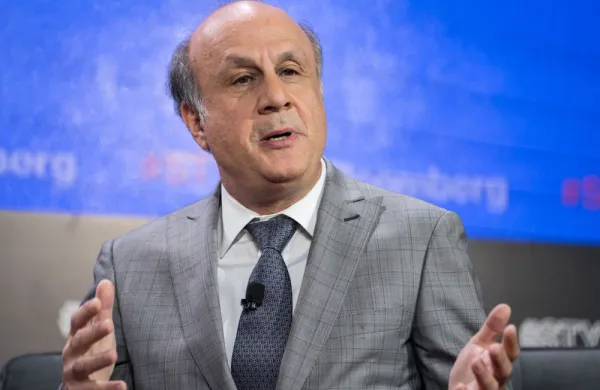Investors slashed their hedge fund exposure over the past two years, even as the long-suffering funds finally registered good performance in 2020, according to a new survey.
That’s as other alternative investments have been faring well, according to EY’s 2020 Global Alternative Fund Survey, published Tuesday. Allocations to these investments — including private equity, private credit, and real estate — remained stable this year compared with 2019, the survey found.
Meanwhile, hedge fund investments continued a downward spiral, making up 23 percent of investors’ alternatives portfolios in 2020. Two years ago, hedge funds represented 40 percent of those portfolios, reported EY in the study.
“In periods like the first quarter, when equity markets were down 20 percent, we were seeing many hedge fund strategies being flat or slightly up. To us, it was a validation of hedge funds,” said Ryan Munson, a partner in EY’s Financial Services Office, in an interview with Institutional Investor. “It’s hard to see their value relative to calm markets, but when markets are challenged, they had an opportunity to demonstrate their value, and they did.”
The decline is “an eye grabbing stat,” he said. “There are a couple of factors at play. Several years ago, hedge funds were such a large share of portfolios. They had nowhere to go but down.”
Munson added that hedge funds also shrank as a portion of investors’ portfolios because they underperformed as valuations on private equity funds rose with the public markets. Hedge funds have also had to compete with increasingly popular asset classes like real estate and private credit. This year, however, hedge funds have received positive net inflows, which may shift the balance for them in investors’ portfolios in the coming years.
Surprisingly, alternatives managers have been slow with some new products, at least when it comes to those with environmental, social, and governance objectives. EY found that 49 percent of allocators are investing in ESG products; roughly one quarter of them are required to invest in funds with an ESG mandate.
“There’s massive demand and supply is not keeping up with that,” said Munson. “So there’s a real opportunity for alternatives managers.”
It’s not always easy for fund managers to deliver, however. Hedge funds, for example, may find it difficult to apply ESG analytics when their trading style involves hundreds or thousands of securities, Munson said.
He added that hedge funds are optimistic about ESG going forward, given the emergence of reporting standards for companies and new ESG data sets. In the past, hedge funds may have relied on simply screening out companies based on ESG considerations. “That may have worked five years ago, but today’s expectations are more sophisticated,” Munson said.
EY also found that more than 40 percent of hedge fund managers are offering co-investments or best ideas portfolios. Co-investments have traditionally been the purview of private equity. About 20 percent of managers also are creating side pockets for illiquid investments or best ideas.
The volatility in 2020 has created a bullish case for alternatives, according to EY.
“Many allocators expect to increase allocations to alternative fund managers as a direct result of how their managers navigated the uncertain markets that this year presented,” the report said.
[II Deep Dive: Are Alternatives Bad for Endowments?]
Alternatives managers have been resilient this year, quickly implementing work-from-home arrangements and other virtual capabilities, the report found. There have been some unexpected positives as a result.
“Remote working has amplified one benefit — potential boundary-less pools of talent to draw from for talent needs,” according to the report. “Virtual capabilities are enabling talent that can be pulled from geographically diverse locations that would have been off the radar of alternative fund managers less than a year ago.”
Working from home may become permanent, the report found. Alternatives managers expect about one-third of employees to work remotely even when Covid-19 is under control. Managers said they are shrinking their offices in line with that.







